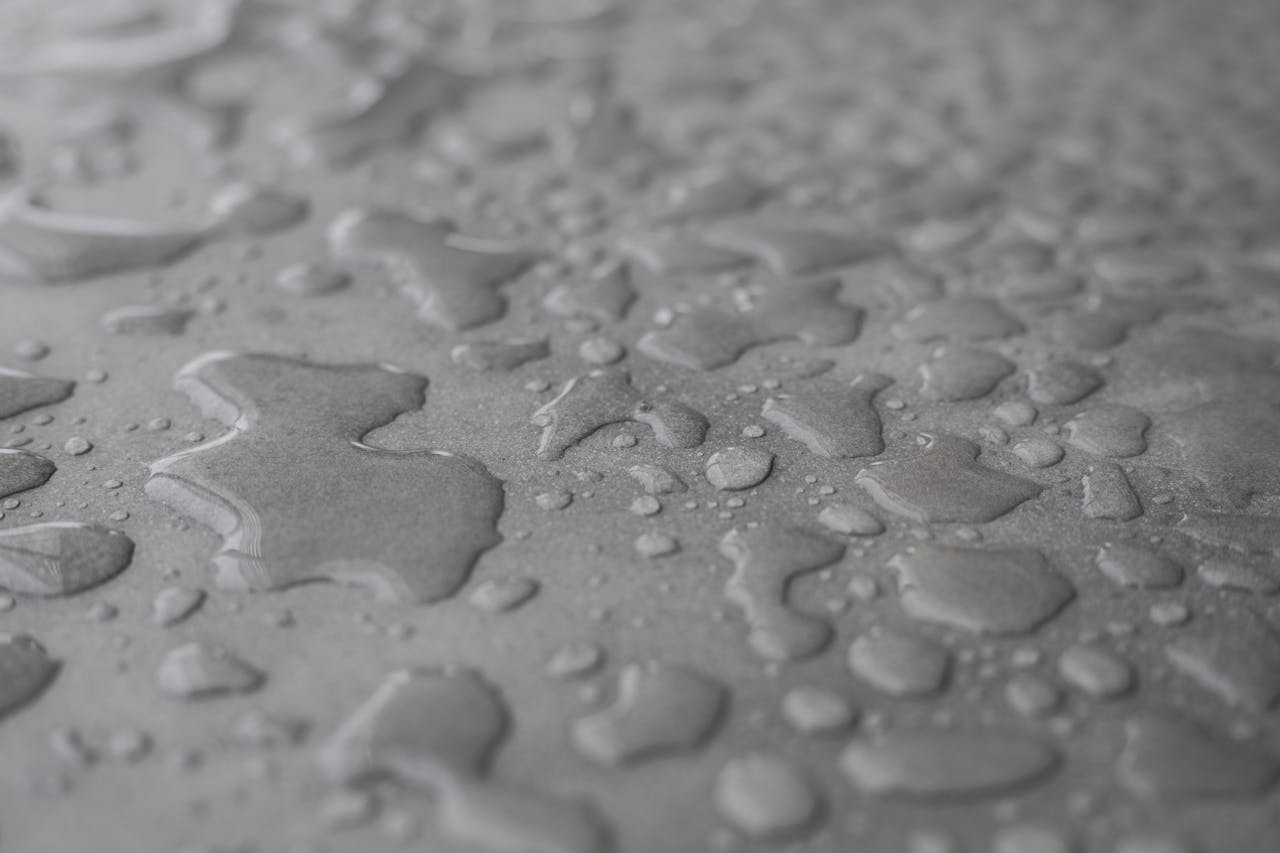Fragrances can cause many different types of rashes on the skin
Fragrances are a common ingredient in skincare and personal care products. They are added to make products smell good (or to neutralize a bad smell) and to enhance the user's experience. However, the chemicals used to create fragrances can be harmful to sensitive skin. As a class, fragrances are amongst the most common skin irritant and allergens and a common cause of allergic reactions on the face and hands. Fragrances can cause many different types of rashes on the skin, including contact urticaria (hives), as well as irritant and allergic eczema (itchy, scaly rashes). If you are experiencing rashes in these areas, you may want to consider switching to fragrance-free products.
Common Botanicals which can cause allergies
Because many fragrances are derived from botanicals, plant-based products are very common sources of these allergens. In a recent study, fragrance chemicals were the most common allergen in "clean beauty" products. Unfortunately, many patients with sensitive skin tend to gravitate towards these products, thinking they are choosing the best for their skin. However, many botanical chemicals can be just as (if not more) irritating to sensitive skin as synthetic ingredients. Common botanicals that can cause allergic reactions include lavender, peppermint, tea tree oil and citrus peel. Essential oils are frequently used for their perceived safety, but they can have other harmful effects, too. For example, lavender and tea tree oils can cause breast enlargement or premature breast development in prepubescent boys and girls.
Furthermore, many fragrances contain phthalates, which are a group of chemicals that have been linked to endocrine disruption, reproductive problems, and developmental issues. Phthalates are not always listed on ingredient labels, so it can be difficult to know whether it is present in a product.
At VETTED Dermlab, we are committed to creating skincare products that are safe for everyone, even those with the most sensitive skin. That's why all of our products are fragrance-free. We believe that by using simple, gentle ingredients, and avoiding problematic additives like fragrances, we can provide effective skincare solutions for everyone. As we like to say... it's everything you need for healthy skin, and nothing you don't!
References:
- Buckley DA, Wakelin SH, Seed PT, Holloway D, Rycroft RJ, White IR, et al. The frequency of fragrance allergy in a patch-test population over a 17-year period. Br J Dermatol. 2000 Feb;142(2):279–83.
- de Groot AC. Fragrances: Contact Allergy and Other Adverse Effects. Dermatitis. 2020 Feb;31(1):13–35.
- Fragrance Allergic Contact Dermatitis | Dermatitis [Internet]. [cited 2023 Apr 19]. Available from: https://www.liebertpub.com/doi/10.1097/DER.0000000000000067
- Kemper KJ, Romm AJ, Gardiner P. Prepubertal gynecomastia linked to lavender and tea tree oils. N Engl J Med. 2007 Jun 14;356(24):2541–2; author reply 2543-2544.
- Ramsey JT, Li Y, Arao Y, Naidu A, Coons LA, Diaz A, et al. Lavender Products Associated With Premature Thelarche and Prepubertal Gynecomastia: Case Reports and Endocrine-Disrupting Chemical Activities. J Clin Endocrinol Metab. 2019 Nov 1;104(11):5393–405.
- Pagoni A, Arvaniti OS, Kalantzi OI. Exposure to phthalates from personal care products: Urinary levels and predictors of exposure. Environ Res. 2022 Sep;212(Pt A):113194.

